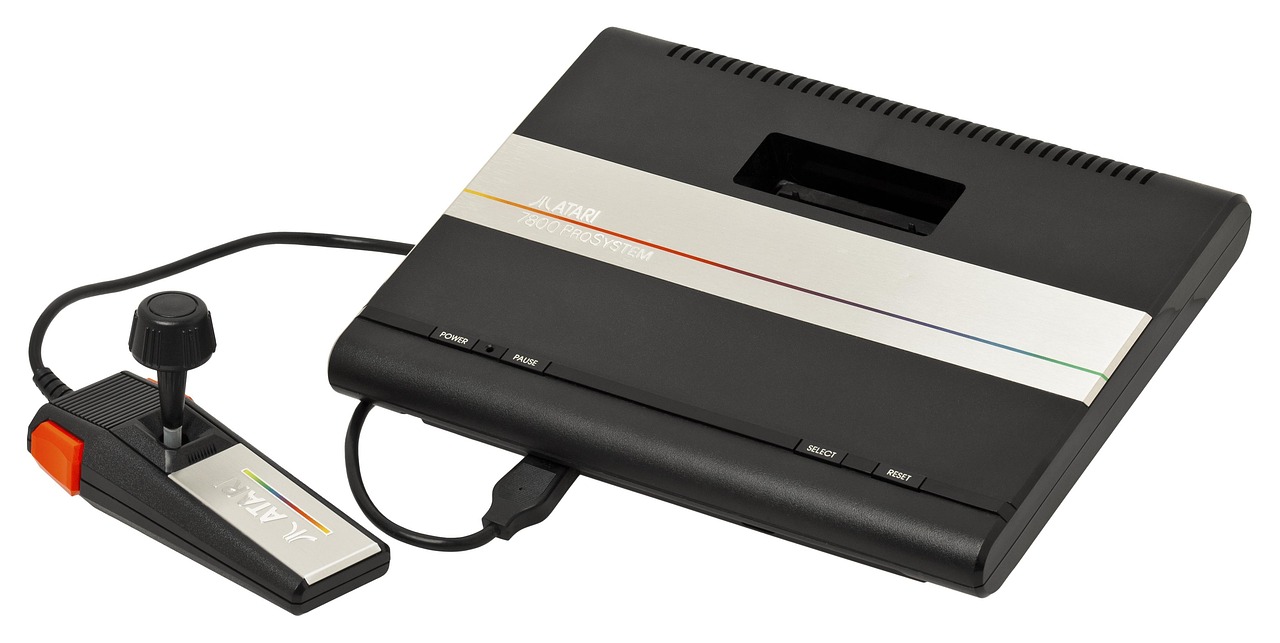The gaming world is a constantly evolving landscape, with new titles bursting onto the scene every single day. Staying on top of all the exciting game releases can feel like a full-time job. From AAA blockbusters to indie darlings, the sheer volume of new games coming out can be overwhelming. This guide aims to equip you with the knowledge and resources you need to navigate the world of game releases, ensuring you never miss out on your next favorite title.
Understanding the Game Release Cycle
AAA vs. Indie Releases
Understanding the differences between AAA and indie releases is crucial for managing your expectations and budget.
- AAA Games: These are high-budget games developed and published by large companies like Electronic Arts, Activision Blizzard, and Ubisoft.
Characteristics:
High production values (graphics, sound design, voice acting)
Extensive marketing campaigns
Often part of established franchises (e.g., Call of Duty, Assassin’s Creed, The Legend of Zelda)
Example: Elden Ring, developed by FromSoftware and published by Bandai Namco, is a prime example of a AAA title known for its massive open world, challenging gameplay, and extensive marketing.
- Indie Games: These are games developed by smaller, independent studios, often with limited resources.
Characteristics:
Innovative gameplay mechanics and artistic styles
Lower price point compared to AAA titles
Focus on niche audiences
Example: Hades, developed and published by Supergiant Games, is a critically acclaimed indie roguelike game praised for its engaging gameplay loop, stunning visuals, and compelling narrative. It showcases the creative freedom often found in indie development.
Release Dates and Delays
The release date of a game is often a moving target. Delays are common, and it’s important to stay informed.
- Why Delays Happen:
Technical issues needing further refinement
Polishing the gameplay experience to meet expectations
Addressing unforeseen bugs or glitches
Marketing strategy adjustments
- Staying Informed:
Follow developers and publishers on social media (Twitter, Facebook, YouTube)
Subscribe to newsletters from gaming websites and influencers
Check official game websites for updates
- Example: Cyberpunk 2077 experienced multiple delays before its eventual release. While the game was highly anticipated, the numerous delays highlighted the complexities of AAA game development and the need for transparency with the player base.
Finding Information About New Game Releases
Utilizing Gaming News Websites and Magazines
Gaming news websites and magazines are excellent resources for staying up-to-date.
- Popular Websites:
IGN: Offers comprehensive news, reviews, previews, and videos.
GameSpot: Similar to IGN, with a strong focus on reviews and community features.
Kotaku: Known for its opinionated articles and coverage of gaming culture.
Eurogamer: Focuses on in-depth analysis and European gaming trends.
- Magazines:
Edge Magazine: A respected publication known for its high-quality writing and critical analysis.
Game Informer: Primarily available through subscription, offering exclusive behind-the-scenes content.
- Actionable Tip: Set up Google Alerts for keywords like “new game releases,” “[your preferred platform] games,” and “[genre you enjoy] games” to receive notifications when relevant articles are published.
Leveraging Social Media and Influencers
Social media platforms and gaming influencers can provide real-time updates and insights.
- Platforms to Follow:
Twitter: Many developers and publishers use Twitter to announce release dates, share trailers, and engage with fans.
YouTube: Gaming influencers often create videos showcasing upcoming games and providing their impressions.
Twitch: Watch streamers play upcoming games during early access or preview events.
- Influencer Benefits:
First impressions of gameplay
Unbiased opinions (though disclosure is important)
Community discussions in comments and forums
- Example: Following the official Twitter accounts of PlayStation, Xbox, and Nintendo will keep you informed about their platform-specific releases. Watching YouTubers like Skill Up or ACG can provide detailed reviews and gameplay analysis.
Pre-ordering and Day One Purchases
Benefits of Pre-ordering
Pre-ordering a game can come with several advantages.
- Guaranteed Copy: Ensure you have a copy on release day, especially for highly anticipated titles.
- Pre-order Bonuses: Often include exclusive in-game items, early access, or discounts.
- Early Access: Some games offer early access to beta versions or the full game a few days before the official release.
- Example: Pre-ordering a new Pokémon* game often grants you access to exclusive in-game items and an early download, allowing you to start playing as soon as the game unlocks.
Risks of Day One Purchases
While tempting, buying a game on day one comes with potential risks.
- Technical Issues: Day one patches are common, and some games may launch with significant bugs or performance problems.
- Overhyped Expectations: Reviews may not be available, leading to potential disappointment.
- Price Fluctuations: Prices may drop quickly after launch if the game is poorly received.
- Actionable Tip: Wait for reviews and user feedback before making a day one purchase, especially for games with a high price tag. Consider waiting a week or two to see if any major issues are reported.
Managing Your Game Library and Wishlist
Utilizing Platform Stores and Wishlists
Platform stores offer features to help you manage your gaming interests.
- Steam Wishlist: Add games you’re interested in to your Steam wishlist to receive notifications when they go on sale or are released.
- PlayStation Store Wishlist: Similar to Steam, the PlayStation Store allows you to create a wishlist and receive updates.
- Xbox Store Wishlist: The Xbox Store also offers a wishlist feature for tracking upcoming games.
- Nintendo eShop Wishlist: Keep track of upcoming Nintendo Switch games with the eShop wishlist.
Organizing and Prioritizing Games
With so many games available, it’s important to organize and prioritize.
- Create a Spreadsheet: Track games you’re interested in, their release dates, and your budget.
- Set Priorities: Rank games based on your interest level and potential play time.
- Consider Your Backlog: Don’t buy new games until you’ve finished some of the games you already own.
- Example: Create a simple spreadsheet with columns for “Game Title,” “Release Date,” “Platform,” “Price,” “Priority (High/Medium/Low),” and “Notes (e.g., ‘Wait for reviews,’ ‘Pre-order if bonus is good’).”
Conclusion
Staying informed about game releases requires diligence, but the rewards are well worth the effort. By understanding the different types of releases, leveraging online resources, and managing your wishlist effectively, you can ensure you’re always ready to jump into the next great gaming experience. Remember to be patient, read reviews, and prioritize games that truly appeal to your interests. Happy gaming!



